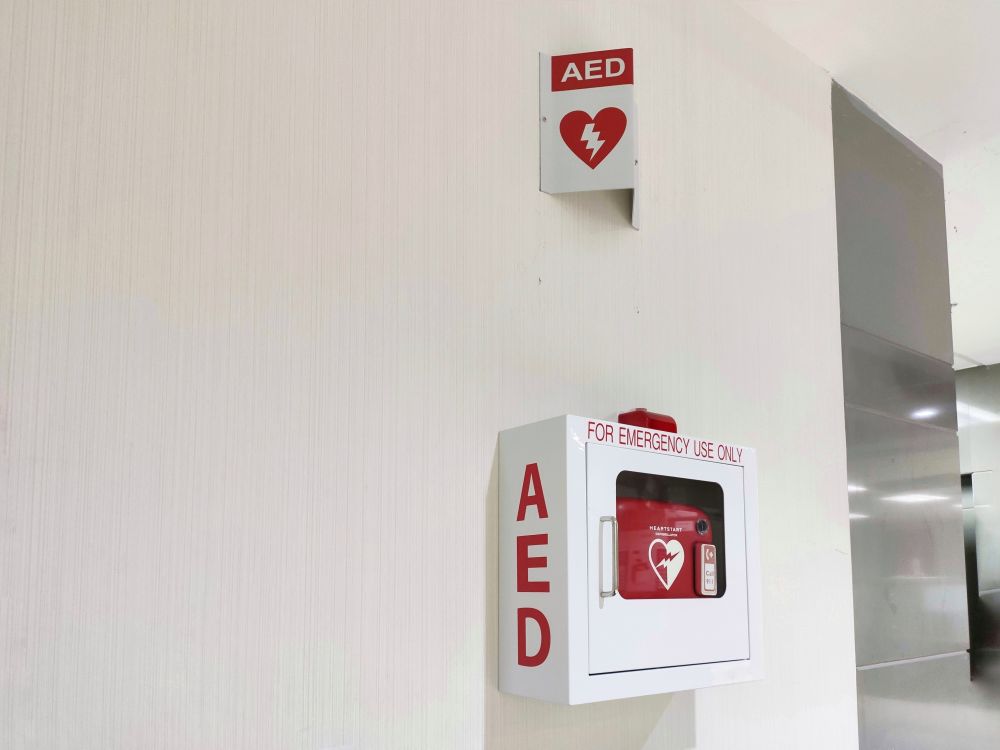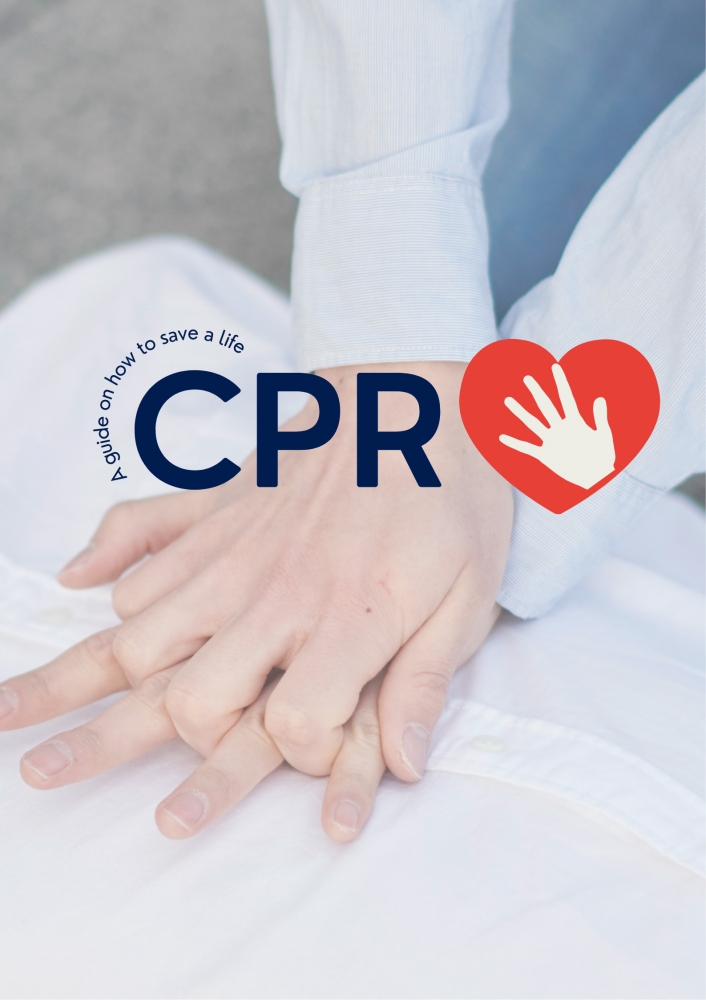Understanding Colorectal Cancer: Prevention, Diagnosis, and Treatment

What is Colorectal Cancer?

Who is at Risk?
Certain factors increase the likelihood of developing colorectal cancer. While it can affect anyone, those at higher risk include:
- Age: Most cases occur in individuals over 50, though it’s increasingly diagnosed in younger adults.
- Family History: A family history of colorectal cancer or polyps raises your risk. Chronic Conditions:Conditions like Crohn ’ s disease and ulcerative colitis heighten susceptibility.
- Lifestyle Factors: A low-fibre, high-fat diet, smoking, excessive alcohol consumption, and lack of physical activity contribute to higher risks.
If you fall into any of these categories, it ’ s essential to consult a healthcare provider about screening options.
Can Colorectal Cancer Be Prevented?

While not all cases are preventable, you can take several steps to reduce your risk: Adopt a Healthy Diet: Focus on fruits, vegetables, whole grains, and lean proteins while limiting red and processed meats.
- Stay Active: Regular exercise supports overall health and reduces cancer risk.
- Quit Smoking and Limit Alcohol: Both habits are linked to a higher likelihood of colorectal cancer.
- Maintain a Healthy Weight: Obesity is a known risk factor.
Preventive care can make all the difference. At SMCV, we offer nutritional counseling and lifestyle management programs to help you stay proactive about your health.
Symptoms to Watch For
Colorectal cancer often develops without noticeable symptoms, especially in its early stages.
However, as the disease progresses, you might experience:
-
1. Blood in your stool or per rectal bleeding.2. Persistent changes in bowel habits, such as diarrhea, constipation, or narrowcaliber stools.3. Unexplained weight loss or fatigue.4. Abdominal pain, bloating, or cramping.5. A feeling that your bowel doesn’t empty completely.6.Unexplained iron deficiency anaemia.
Experiencing any of these symptoms? Schedule an consultation with our doctors.
How is Colorectal Cancer Diagnosed?
Early detection saves lives. The most effective screening methods include:
- Colonoscopy: The gold standard for detecting and removing polyps before they become cancerous.
-
Stool DNA Test: A non-invasive test to detect abnormalities in your stool. Ie not available in Malaysia
-
CT Colonography: Also known as a virtual colonoscopy, this imaging technique offers a less invasive alternative to colonoscopy in detecting colorectal polyps and cancer
Is recommend starting screenings at age 45 or earlier for those with higher risk factors. Consult our specialists at SMCV to discuss the best screening option for you.
What are the Treatment Options?
Treatment plans for colorectal cancer depend on the stage and location of the disease. Common treatments include:
- Surgery: Often the first line of treatment, involving the removal of cancerous sections of the colon or rectum.
- Chemotherapy: Used to destroy remaining cancer cells or shrink tumors before surgery.
- Radiation Therapy: Frequently employed for rectal cancer to reduce tumor size before surgical intervention.
- Targeted Therapy: Medicines designed to attack specific cancer cells, minimizing harm tohealthy tissue.
Click here to learn more about colorectal surgery.
Why Early Detection Matters
Survival rates for colorectal cancer are significantly higher when the disease is caught early.
Localized cancer has a five-year survival rate of approximately 90%, compared to only 14% for advanced-stage cases. Regular screenings can prevent the progression of polyps into cancer, saving both lives and medical costs in the long run.
Take Action Today!
Colorectal cancer is preventable, treatable, and beatable when detected early. Don ’ t wait for symptoms to take control of your health. Schedule a screening or consultation with our expert colorectal surgeons today. Visit our Colorectal Surgery to learn more about our services or book an appointment with our consultant today.
Suggest to Read









